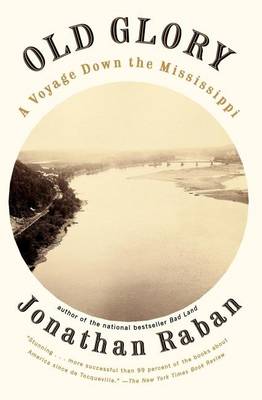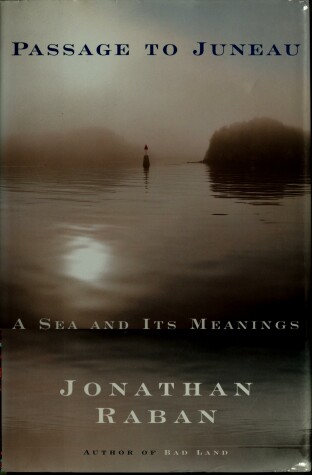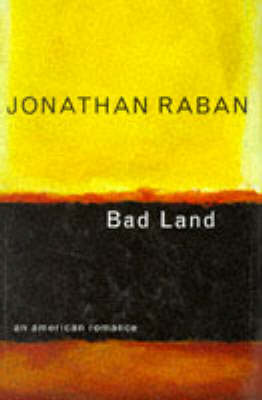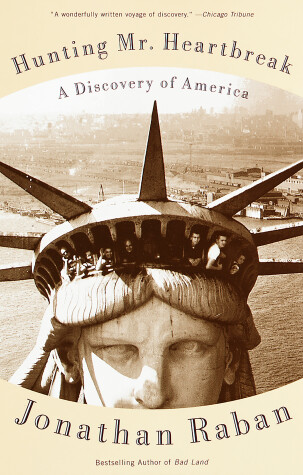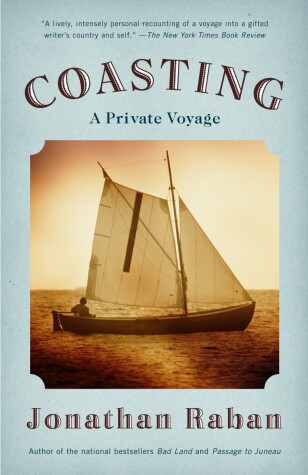Vintage departures
7 total works
For over thirty years, Goerge Grey has been a ship bunker in the west African nation of Montedor, a land of malaria and political upheaval. But now he's returning to England, to a life and world essentially foreign, and to the terra incognita of retirement. In the long days that follow it's almost impossible not to get lost in melancholy memories - all the more acute since the woman he loves is back in Africa - but with the help of a sailing boat and a burgeoning friendship with the quirkiest woman in town, the ache of loneliness begins to ease.
'Jonathan Raban's achievements in this novel are nothing short of awesome' Washington Post
'Raban has a wonderful gift . . . These characters seem to index an entire civilisation' Voice Literary Supplement
"In an era of jet tourism, [Jonathan Raban] remains a
traveler-adventurer in the tradition of . . . Robert Louis Stevenson."
--The New York Times Book Review
In 1782 an immigrant with the high-toned name J. Hector St. John de Crèvecoeur--"Heartbreak" in English--wrote a pioneering account of one European's transformation into an American. Some two hundred years later Jonathan Raban, winner of the National Book Critics Circle Award, arrived in Crèvecoeur's wake to see how America has paid off for succeeding generations of newcomers. The result is an exhilarating, often deliciously funny book that is at once a travelogue, a social history, and a love letter to the United States.
In the course of Hunting Mr. Heartbreak, Raban passes for homeless in New York and tries to pass for a good ol' boy in Alabama (which entails "renting" an elderly black lab). He sees the Protestant work ethic perfected by Korean immigrants in Seattle--one of whom celebrates her new home as "So big! So green! So wide-wide-wide!"--and repudiated by the lowlife of Key West. And on every page of this peerlessly observant work, Raban makes us experience America with wonder, humor, and an unblinking eye for its contradictions.
"Raban delivers himself of some of the most memorable prose ever written
about urban America." --Henry Kisor, Chicago Sun-Times
"When Raban describes America and Americans, he is unfailingly witty
and entertaining." --Salman Rushdie
Whether he’s chatting with bored tax exiles on the Isle of Man, wrestling down a mainsail during a titanic gale, or crashing a Scottish house party where the kilted guests turn out to be Americans, Raban is alert to the slightest nuance of meaning. One can read Coasting for his precise naturalistic descriptions or his mordant comments on the new England, where the principal industry seems to be the marketing of Englishness. But one always reads it with pleasure.

